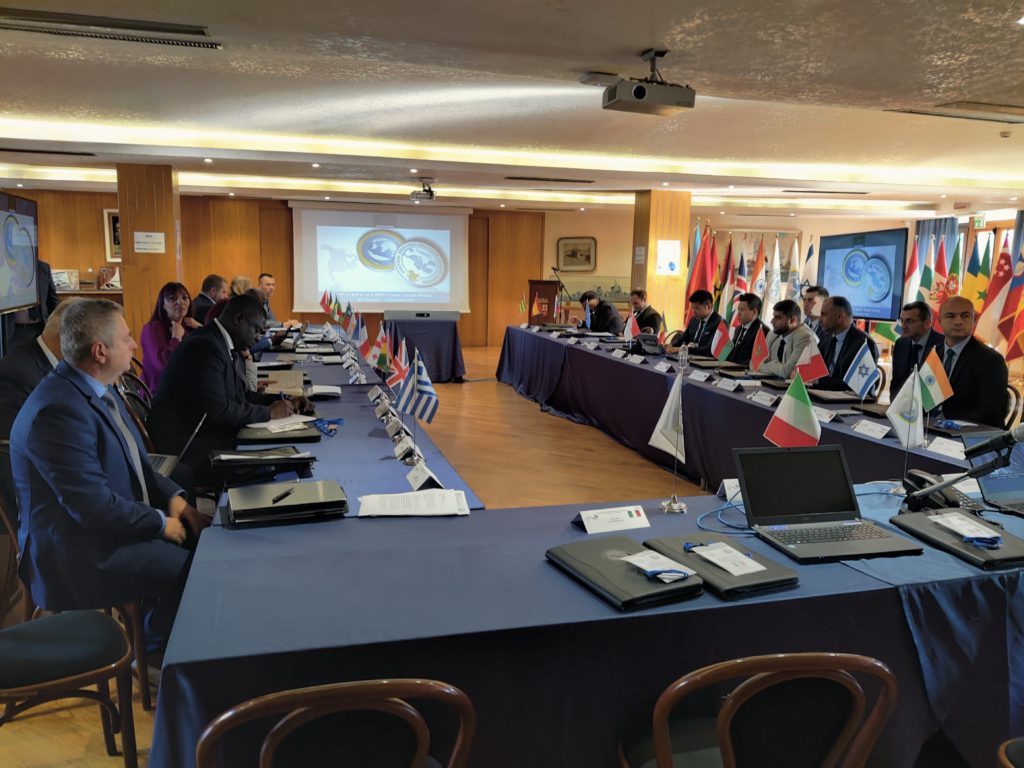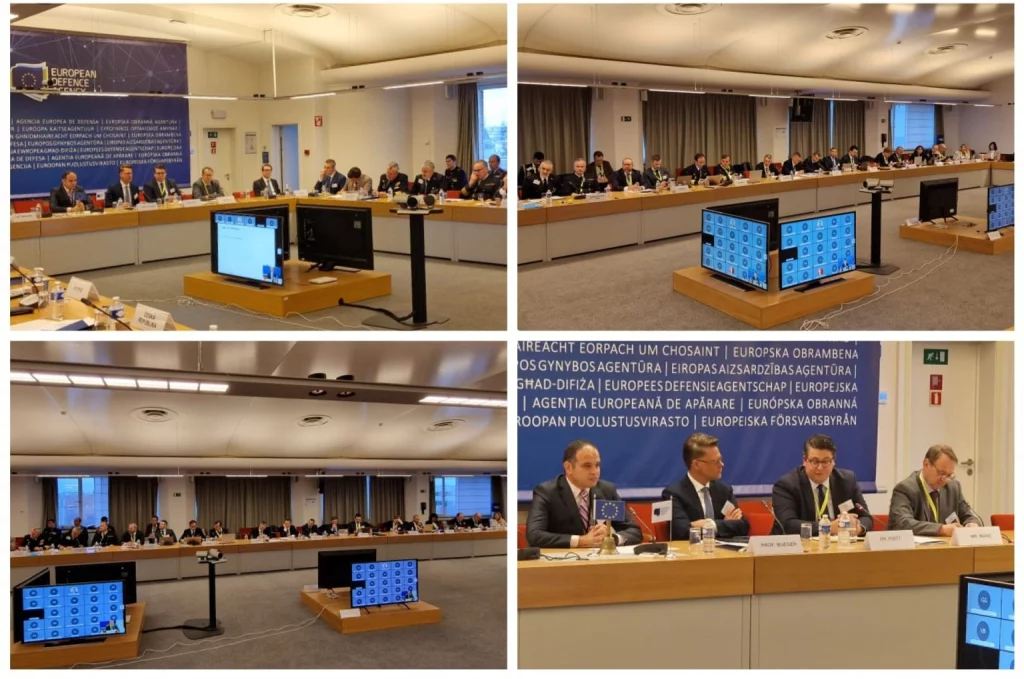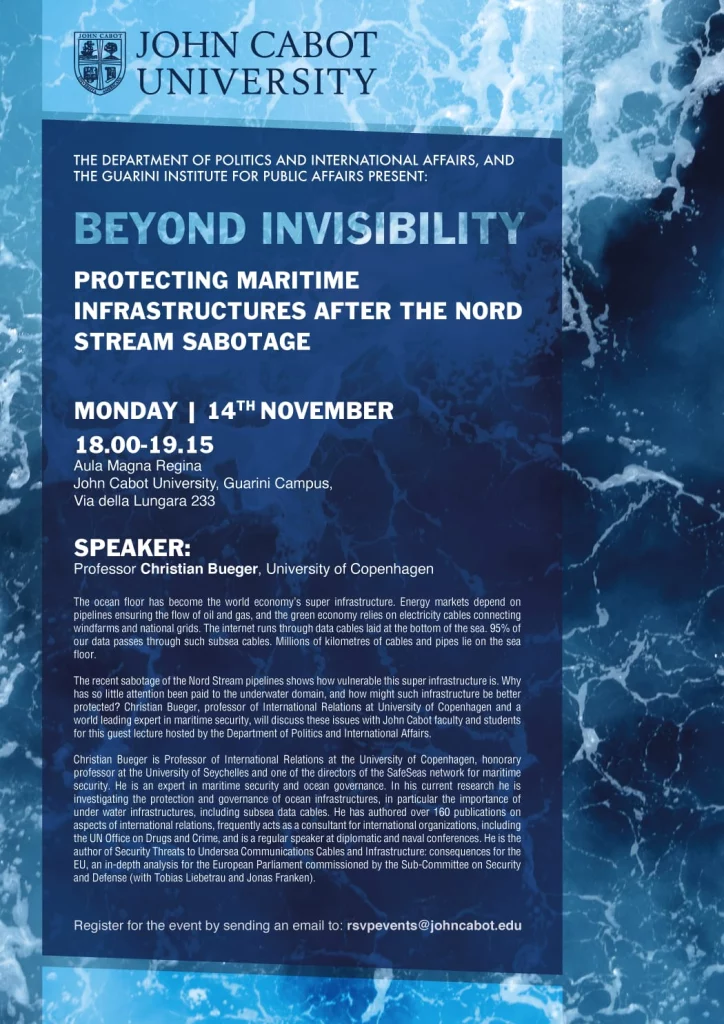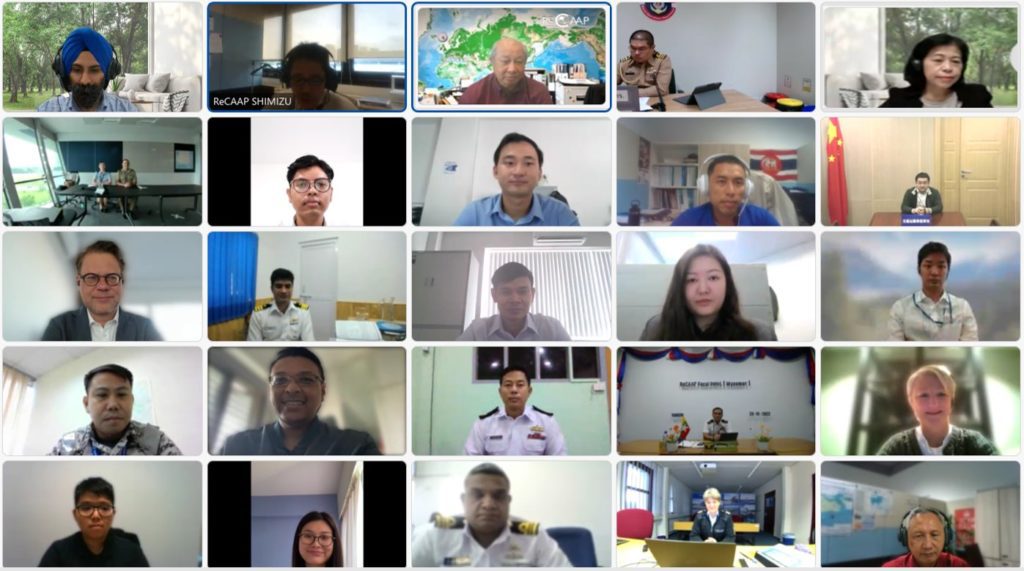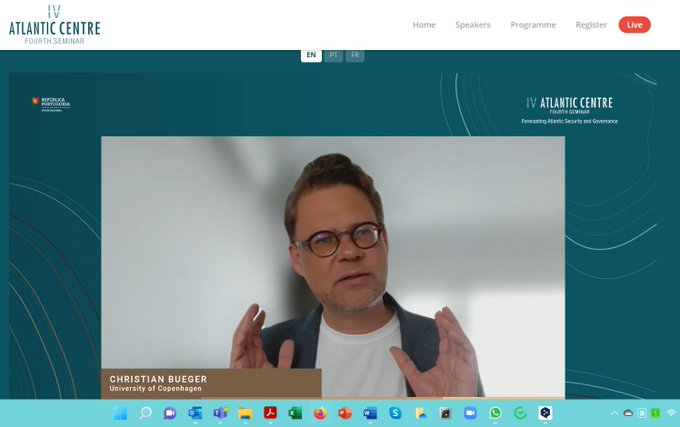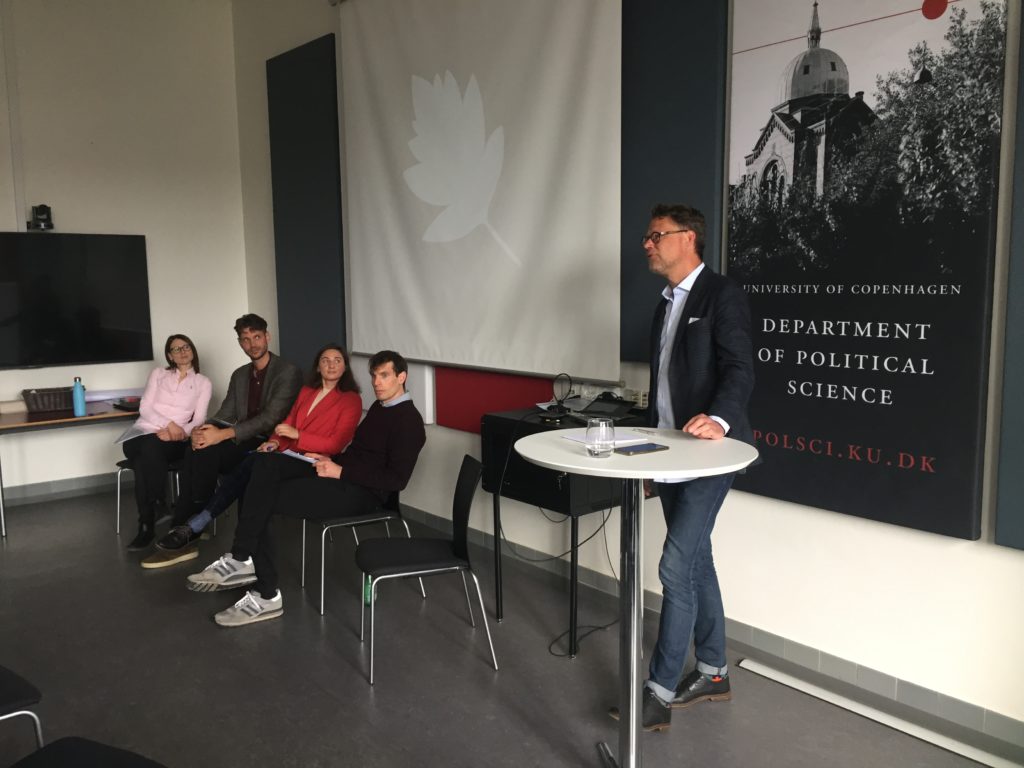In the past week, Tim Edmunds and I, were holding a writing retreat in Mauritius. We also visited the Wakashio accident site, and the Indian Ocean Commission. Primarily we used the time to put the final touches on our forthcoming book Understanding Maritime Security.
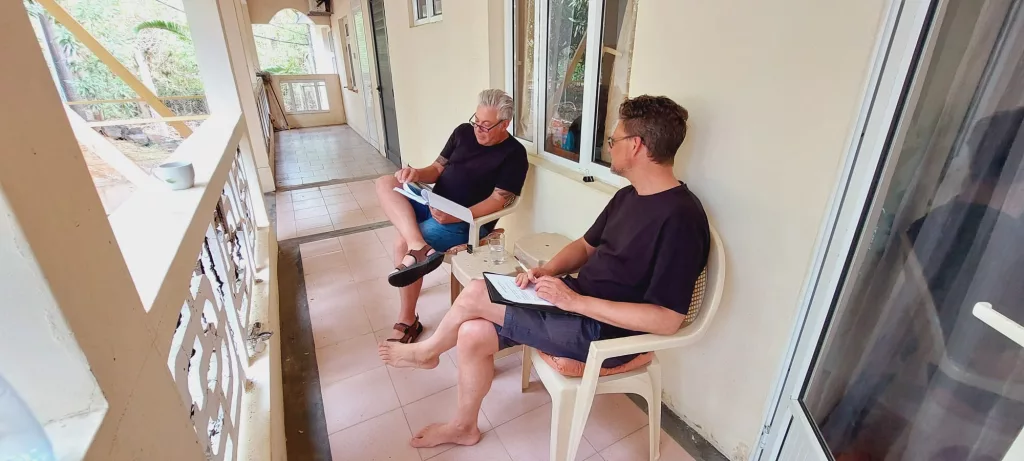
The main objective of the book is to provide readers at different levels with a concise and coherent introduction to maritime security. Our focus is on essential knowledge – need to know, not nice to know. We hope to reach readers with different levels of experience, from the complete beginner, to those who already look back on a professional career in maritime security related tasks, as well as those who are students enrolled at universities and in active professional careers. The book is scheduled to come out in 2023. Contact me per email or social media if you are interested in reviewing a draft chapter.
